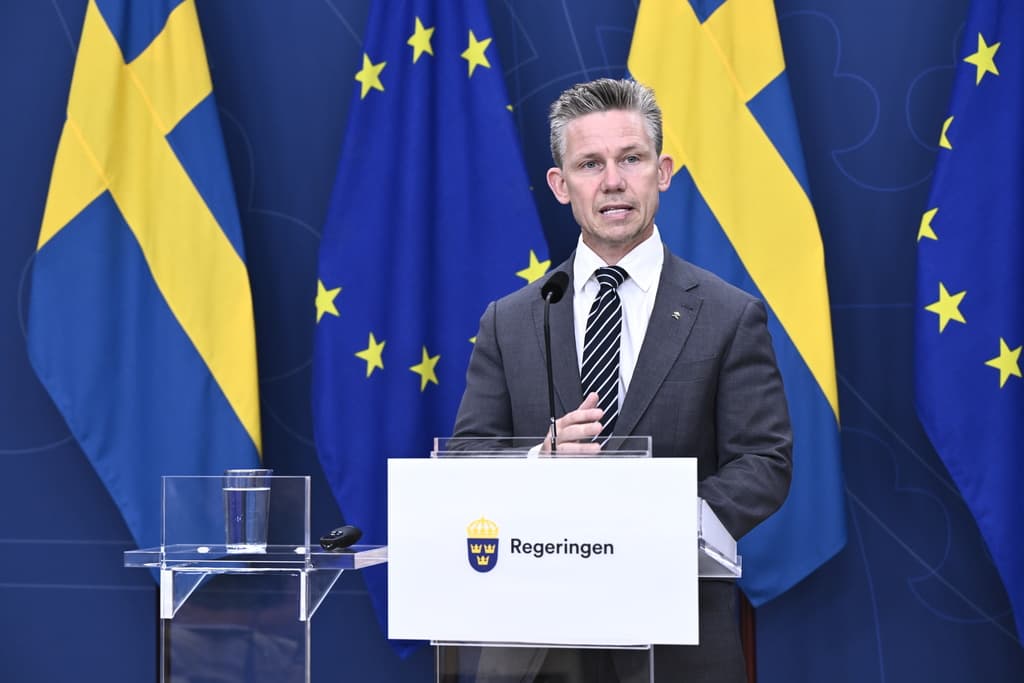We have provided extensive military support to Ukraine and then FMV has an important role when it comes to securing supply solutions for maintenance, spare parts, and logistics, says Defense Minister Pål Jonson (M).
But FMV's new role also has to do with the fact that the Swedish defense does not have much left to donate to Ukraine. Jonson emphasizes that Sweden will need to move from "donation of war materials to production".
Then FMV has an extra important role when it comes to building up the Ukrainian procurement capability for defense materials, he says.
Another task will also be to work further with experiences from the battlefield in Ukraine. Sweden has donated several platforms and systems that have been subjected to attacks.
We naturally want to bring lessons home from this, says Jonson.
According to Jonson, a limited number of officials from FMV will work from the Swedish embassy in Kiev. The idea is that they will be in place as early as this fall.
On Thursday, the laws required for the so-called DCA agreement will also come into force. The agreement gives the American military the right to use 17 Swedish military bases and training areas across the country.
According to Jonson, it's nothing that the average person will notice particularly much.
It may be at some of the 17 designated military bases that one can see an increased military presence, but it will naturally take place in close dialogue between the American defense forces and the Swedish.
When the first American soldiers will be in place, Jonson cannot say.
Sweden has sent a total of 16 support packages to Ukraine, with a total value of 43.5 billion kronor.
Sweden has, among other things, donated combat vehicle 90, battle tank 122 (Leopard), Archer artillery pieces, grenade launchers, anti-tank missiles, armored personnel carriers, combat boat 90, radar reconnaissance and command aircraft (ASC 890), sea-target missiles, air defense systems, and advanced ammunition.






